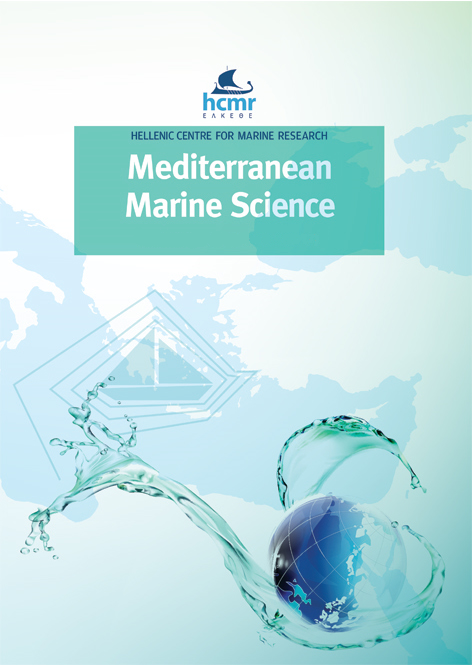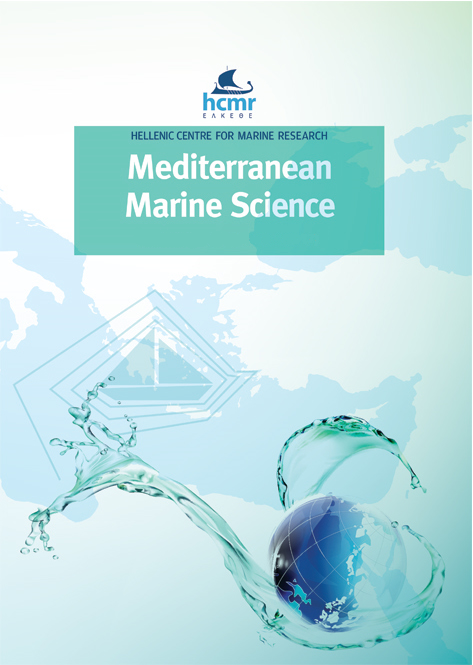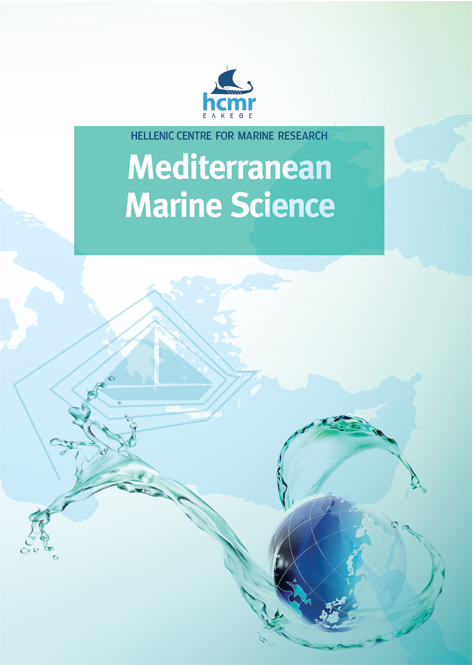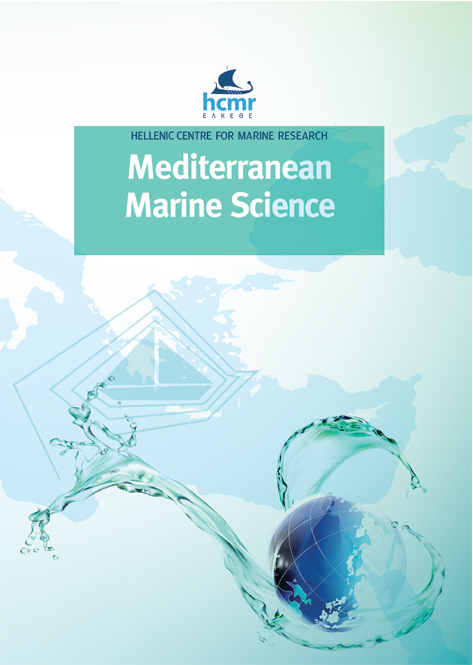Bryozoan diversity of Cyprus (eastern Mediterranean Sea): first results from census surveys (2011–2018)
Abstract
The Mediterranean bryozoan fauna is considered to be well studied compared to other marine areas of the world. However, in the Levantine Basin, bryozoan diversity has not yet been adequately documented. This report presents the first systematic and most comprehensive study of bryozoans sampled in Cyprus during census surveys from 2011 to 2018. The specimens were collected between 9 and ~620 m depth from several habitat types (mainly soft-bottom environments but also hard natural/artificial substrata, ancient shipwrecks, a marine cave, and deep-water coral habitats) around the island by means of bottom trawls, remotely operated vehicles, and scuba diving. The surveys produced a total of 91 species, 26 of which (=28%) are new records for the Levantine Basin, and 10 (=11%) are probably new to science. Our results thus show that the diversity of bryozoans in the eastern Mediterranean Sea is still significantly underestimated.
Article Details
- Zitationsvorschlag
-
ACHILLEOS, K., JIMENEZ, C., BERNING, B., & PETROU, A. (2020). Bryozoan diversity of Cyprus (eastern Mediterranean Sea): first results from census surveys (2011–2018). Mediterranean Marine Science, 21(1), 228–237. https://doi.org/10.12681/mms.21201
- Ausgabe
- Bd. 21 Nr. 1 (2020)
- Rubrik
- Research Article
Authors who publish with this journal agree to the following terms:
- Authors retain copyright and grant the journal right of first publication with the work simultaneously licensed under a Creative Commons Attribution Non-Commercial License that allows others to share the work with an acknowledgement of the work's authorship and initial publication in this journal.
- Authors are able to enter into separate, additional contractual arrangements for the non-exclusive distribution of the journal's published version of the work (e.g. post it to an institutional repository or publish it in a book), with an acknowledgement of its initial publication in this journal.
- Authors are permitted and encouraged to post their work online (preferably in institutional repositories or on their website) prior to and during the submission process, as it can lead to productive exchanges, as well as earlier and greater citation of published work (See The Effect of Open Access).








